Latest post
Anthropic has announced a new breakthrough tool that establishes a connection between AI assistants and the information they need to improve their responses and make their work easier. The Model Context Protocol (MCP) is a new open-source framework aimed at providing a universal connection to heterogeneous data sources, therefore improving the performance of AI models as well as making integrations smooth.

The news came as OpenAI initially launched its new “Work with Apps” feature, allowing the Mac version of ChatGPT to connect directly to some programming tools. MCP, on the other hand, offers an application and a meta-application that seeks to deliver solutions that can be applied across all AI systems and data sources, advancing the possibilities of data integration.
Currently, developers must write new, unique code for each dataset that their AI model needs access to. However, with MCP, developers will be able to embed a single, standardized protocol into their AI system, opening it up to data from a host of different places. This is simplified because the developer doesn’t need to develop an integration for every single source of data.
MCP has been implemented by some companies, such as Replit, Codeium, and Sourcegraph, to improve their AI capabilities. They are employing the tool to build AI agents, which help in completing work on behalf of the user, streamlining operations, and increasing the utility of AI across a number of fields. As the industry progresses toward the autonomy of AI systems, the ability of MCP to connect multiple data sources can become a critical asset for developers and businesses alike.
The Model Context Protocol gives an exhaustive improvement over current methods by doing away with disjointed connectors and instead using a holistic approach. As the community expands with more developers and companies adopting MCP, the ecosystem will mature, allowing AI systems to keep context across multiple tools and datasets. This will make for a more sustainable and scalable architecture for AI integration.
What is the Model Context Protocol?
The development of MCP is an open standard for secure, two-way connections from AI-powered tools to data sources. Developers can use MCP in one of two primary ways: they may expose data via MCP servers or build AI applications, such as MCP clients, that connect to these servers. This simple structure helps developers connect AI systems to data sources with minimal complexity.
MCP launch, three primary components are made available to developers:
MCP Specification and SDKs : provides detailed documentation and software development kits for developers to work with MCP connectors
Local MCP Server Support : enables the connection of AI models to internal systems within the app of Claude Desktop
Open-Source MCP Server Repository : a collection of pre-built servers designed for popular enterprise systems like Google Drive, Slack, GitHub, Git, Postgres, or Puppeteer.
A version of Anthropic’s AI, Claude 3.5 Sonnet, can quickly get started building MCP server implementations, which helps organizations link important datasets more effectively to AI tools. To further aid developers, Anthropic is providing pre-built MCP servers for key enterprise platforms-the idea being to facilitate faster integration without much labor.
Early Adoption and Use Cases
Several companies have begun to include MCP into their systems already. Block and Apollo are some of the pioneering users, and there are developers on platforms like Zed, Replit, Codeium, and Sourcegraph who use MCP to improve their AI agents in getting more valuable information about the context of the coding task and answering the exact questions to then get the right, working code on fewer iterations.
Dhanji R. Prasanna, Chief Technology Officer at Block, emphasized the role of open-source technologies as the ones driving progress. “At Block, open source is at the foundation of our work. It’s about building technology that drives real change and does public good,” Prasanna said. “Open protocols like MCP bridge the gap between AI and real-world applications, ensuring that innovation remains transparent, accessible, and collaborative.”
The Future of AI Integration
MCP instead uses a single unified protocol for which developers can work, removing the need for multiple connectors to function with each data source. This makes it easier and more scalable to implement. As the ecosystem goes forward, MCP will allow AI systems to maintain context when shifting between various tools and datasets, further developing a consistent and sustainable architecture for AI applications.
Getting Started with MCP
Developers wanting to experiment with MCP can immediately start building and testing connectors. Existing users of Claude for Work can start connecting Claude to internal datasets and systems using local MCP servers. In the following weeks, Anthropic will release more toolkits on how to deploy remote production MCP servers so organizations can connect their entire Claude for Work environment to a variety of data sources.
To get started:
Install Pre-Built MCP Servers: The Claude Desktop app has pre-built MCP servers; follow the guide after installation to apply these. Quickstart Guide; There’s a comprehensive guide on how to make your first MCP server by a developer. Contribute to open-source projects: Developers are encouraged to contribute to the growing list of MCP connectors and implementations.
By making it easier for AI systems to connect to and interact with various data sources, the Model Context Protocol has the potential to revolutionize how AI is used across industries. Whether you’re building an AI agent for enterprise software, enhancing a development platform, or creating more autonomous systems, MCP provides a powerful tool to streamline integrations and improve AI performance.
source anthropic
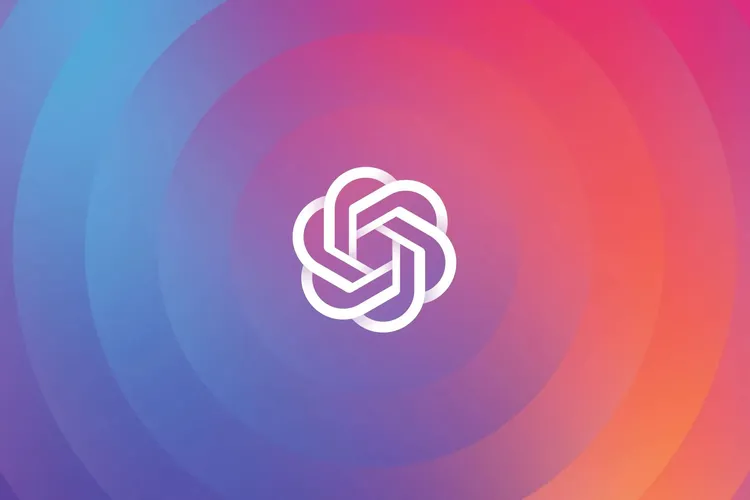
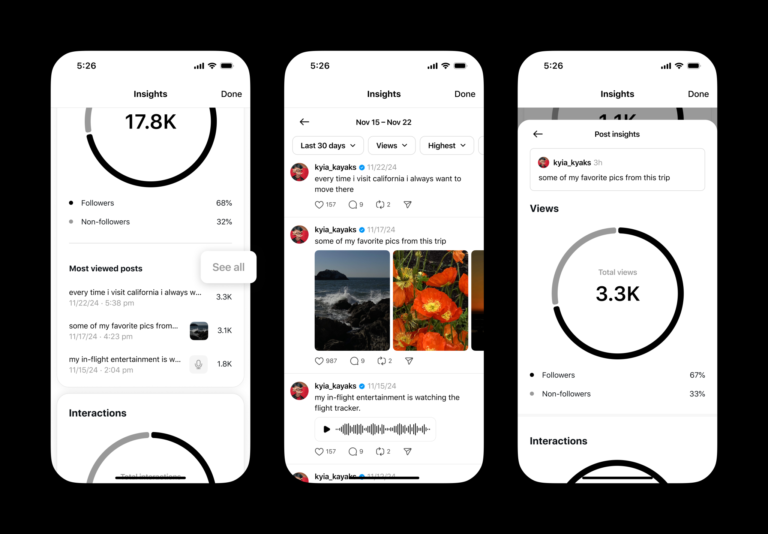

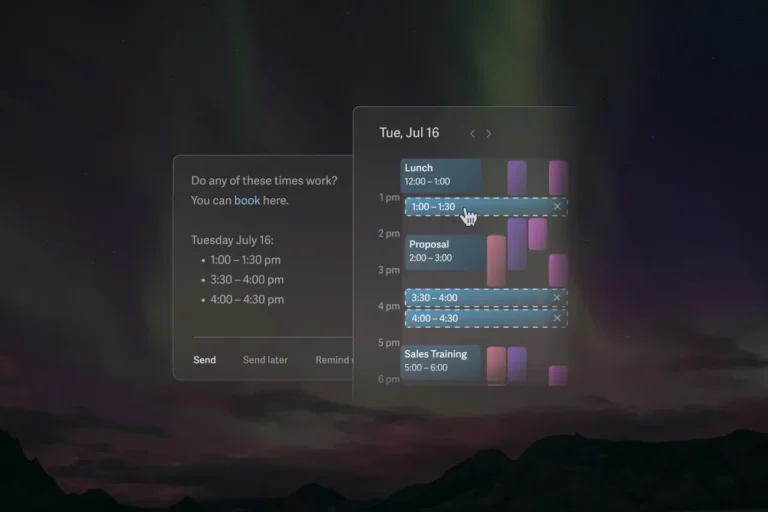
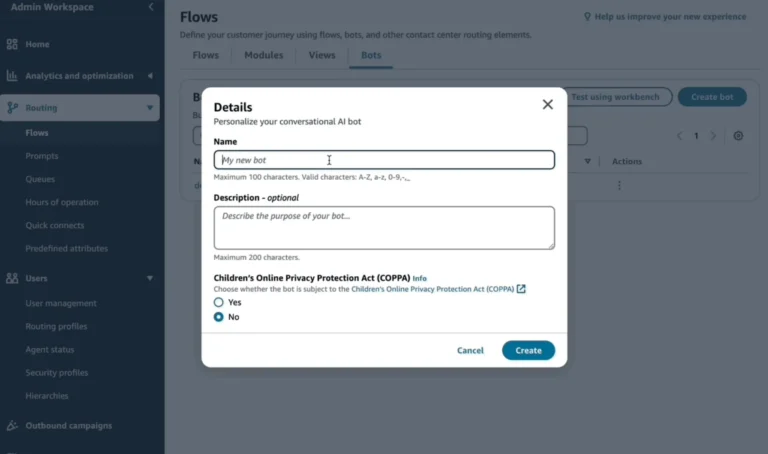
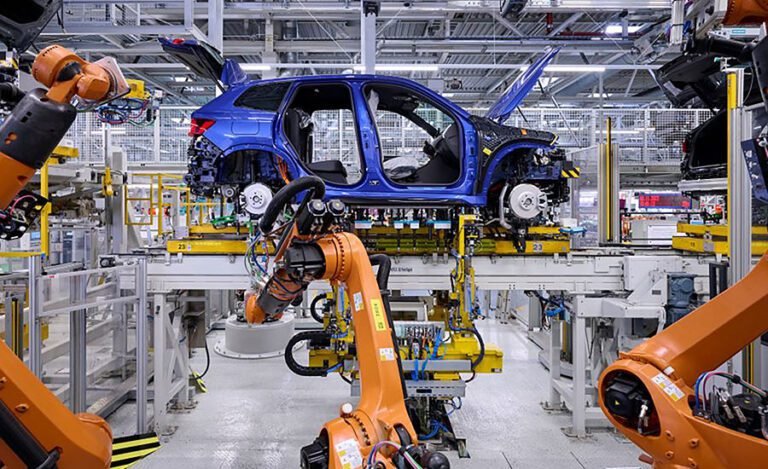
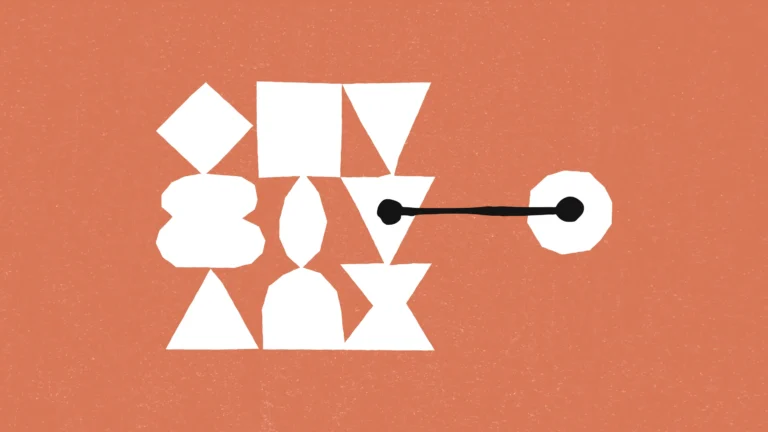

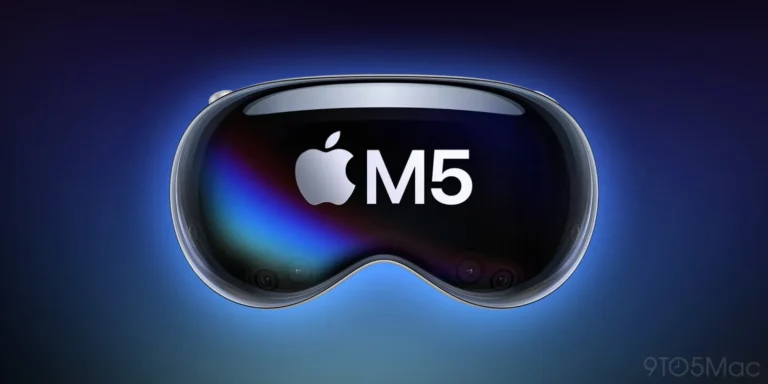




Pingback: South Korea 10% Workforce Are Robots